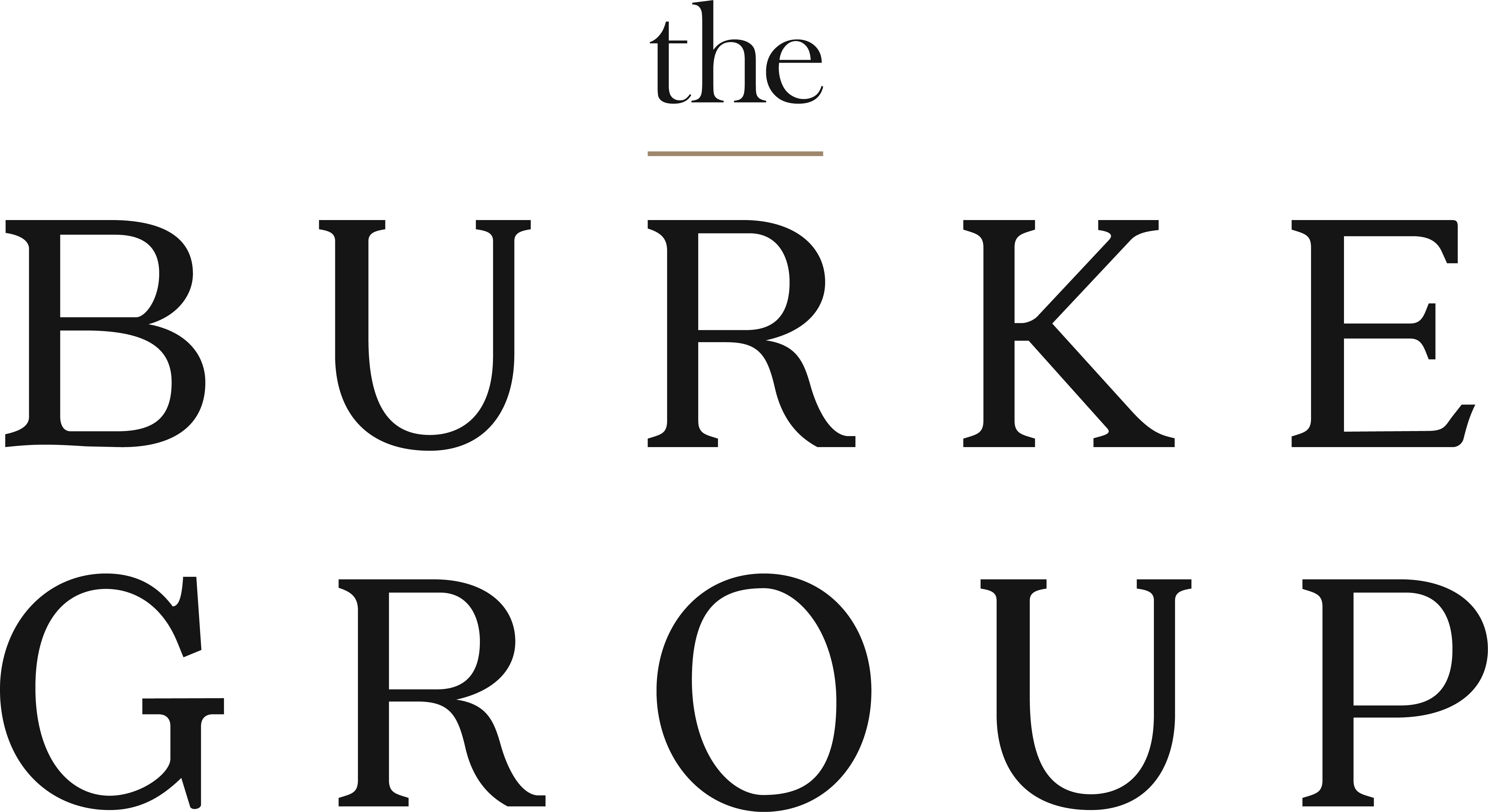10 Key Questions to Ask in an Employee Exit Interview

Employers are increasingly recognizing the value of exit interviews and the importance of asking the right questions. These interviews, also known as exit surveys, offer a unique opportunity to gather candid feedback from departing employees about their experiences with your company.
Why are these exit surveys becoming more popular? Because hiring top talent is expensive, and the impact of hiring mistakes can be significant. By taking the time to collect honest feedback, you can reduce turnover and make improvements that benefit both current and future employees.
As part of the offboarding process, exit interviews provide insights that current employees may be hesitant to share. Knowing which questions to ask can save time and help you gather valuable information from departing staff.
Typically, the most useful insights come from employees who leave voluntarily. While those who are terminated might be more forthright, their feedback can be influenced by emotions, potentially distorting their view of your business practices.
1. What motivated you to look for a new job?
This question helps identify recurring themes among employees leaving, such as lack of career advancement or better pay elsewhere, guiding you to improve promotion strategies or consider salary adjustments.
2. Under what conditions would you consider returning to the company?
Understanding what might attract former employees back can help refine retention strategies, especially for top performers who left on good terms.
3. Did management adequately recognize your contributions? How could recognition be improved?
Insight into effective and ineffective recognition methods can be gained, helping you better appreciate and retain current employees.
4. Were any company policies unclear? How could they be clarified?
This question uncovers confusing policies and their sources, allowing for greater transparency and clearer communication.
5. Has your job description changed since you were hired? In what ways?
Identifying changes in the role can help update job descriptions for future hires and ensure appropriate compensation for additional duties.
6. Did you have the tools and resources needed to succeed? What could be improved?
Responses highlight any workplace inadequacies, from equipment issues to work environment concerns, helping you address these areas.
7. Did you receive adequate training? How could it have been better?
This question reveals strengths and weaknesses in your training programs, offering ways to enhance employee preparedness.
8. What was the best part of your job here?
Identifying what employees value most about the company can help you promote these strengths in job postings and interviews.
9. What can the organization improve on?
This general question invites feedback on areas like management, compensation, and diversity efforts, helping you identify opportunities for improvement.
10. Would you recommend working here to a friend? Why or why not?
Understanding whether employees would recommend your company, and why, helps you gauge overall satisfaction and areas for potential change.
For expert guidance in navigating the complexities of the process, reach out to The Burke Group. We can guide you in handling transitions with empathy and professionalism, setting the stage for a successful future.
